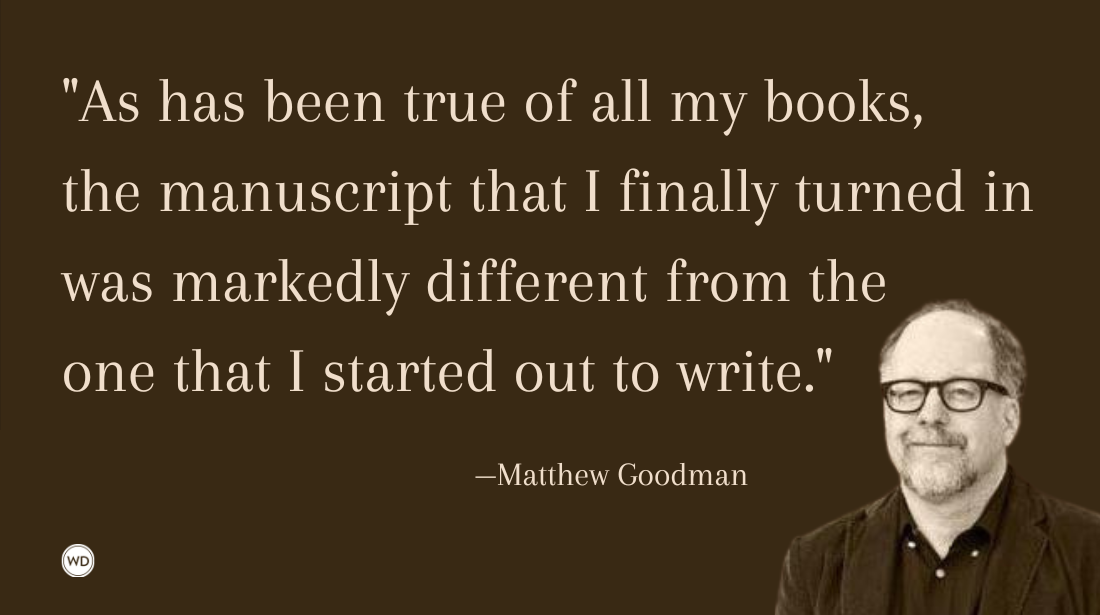Slight of Hand vs. Sleight of Hand
Learn when it’s appropriate to use slight of hand vs. sleight of hand with Grammar Rules from the Writer’s Digest editors, including a few examples of correct and incorrect usages.
Learn when it's appropriate to use slight of hand vs. sleight of hand with Grammar Rules from the Writer's Digest editors, including a few examples of correct and incorrect usages.
There is an important distinction between these two phrases that could be a compliment (or warning) in one case and a slight in the other. Let's look at the slight differences in slight of hand vs. sleight of hand.
Slight of Hand vs. Sleight of Hand
Sleight of hand refers to the manual dexterity of someone's hands, motions, and deception. The phrase specifically means "quick fingers" or "trickster fingers." It's a phrase often used to refer to magicians and some street performers (or con man)--usually with close-up card tricks, though more entertainers are beginning to use other objects like smart phones.
Slight of hand, on the other hand, is a phrase that means a person has small hands. As such, it's probably a bit of a slight (or insult) to use this phrase for a person in the wrong context.
Make sense?
If not, here are a couple examples:
Correct: I can't believe the tricks performed at the magic show last night. That magician has incredible sleight of hand.
Incorrect: I can't believe the tricks performed at the magic show last night. That magician has incredible slight of hand.
Correct: George impressed us with his sleight of hand and what he could do with a pack of cards.
Incorrect: George impressed us with his slight of hand and what he could do with a pack of cards.
Could someone who is slight of hand become a master of sleight of hand? Possibly. But maybe they should use a smaller deck of cards (or coins).
Learn more in the online course, Grammar and Mechanics, from Writer's Digest University:
Robert Lee Brewer is Senior Editor of Writer's Digest, which includes managing the content on WritersDigest.com and programming virtual conferences. He's the author of 40 Plot Twist Prompts for Writers: Writing Ideas for Bending Stories in New Directions, The Complete Guide of Poetic Forms: 100+ Poetic Form Definitions and Examples for Poets, Poem-a-Day: 365 Poetry Writing Prompts for a Year of Poeming, and more. Also, he's the editor of Writer's Market, Poet's Market, and Guide to Literary Agents. Follow him on Twitter @robertleebrewer.








